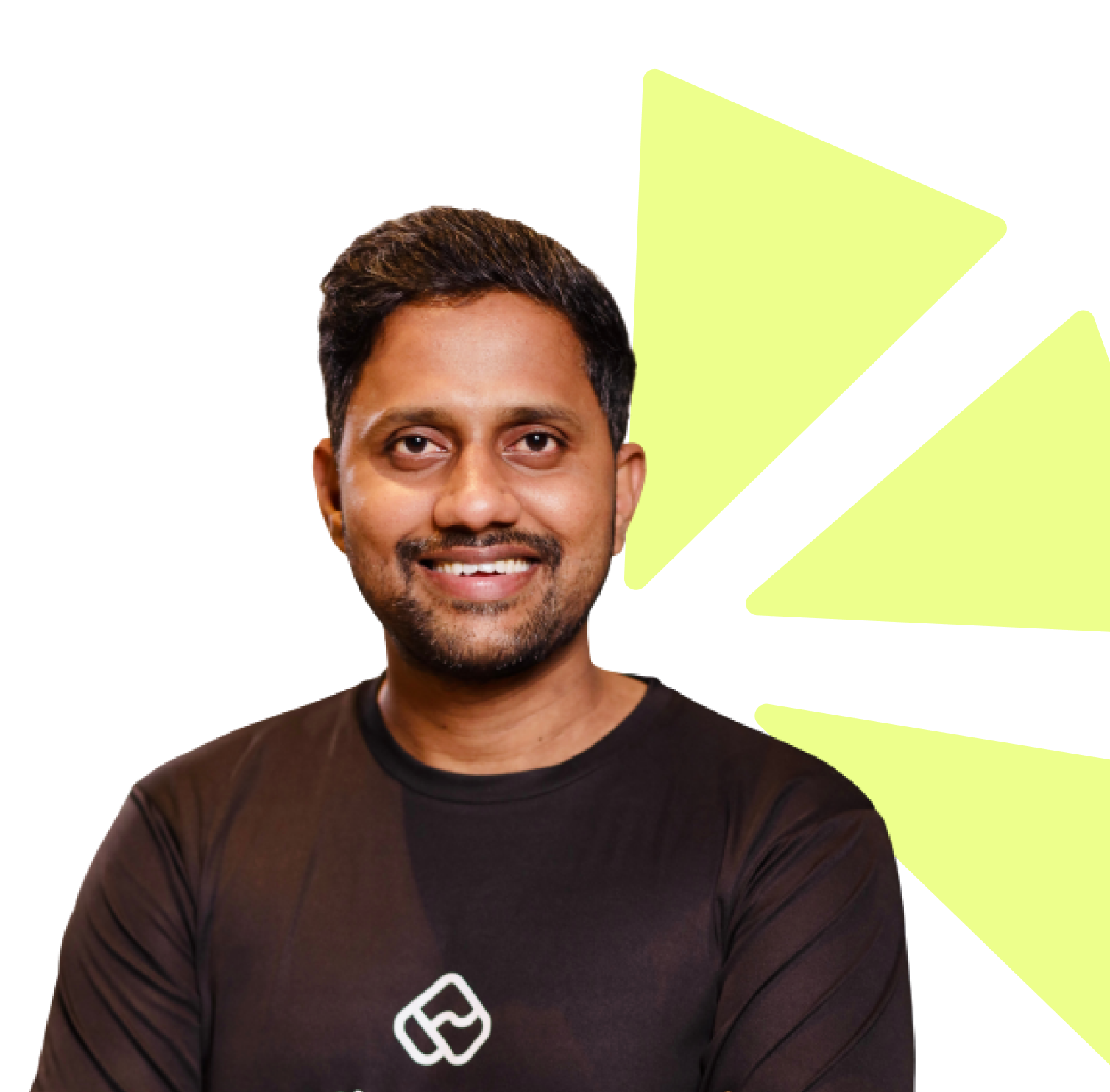
At Neon, we meet hundreds of ambitious founders every year. Many are deeply technical, often just out of college, and excited to solve big problems. But there’s a common challenge they all face. How do you build for businesses when you’ve never worked in one?
Building any kind of successful startup is an exception. Building a great B2B SaaS startup right out of college is exception++. Here’s why
Even Steve Jobs Struggled
When building B2C products your customer can be you or your friends. You can dogfood your own product. You can feel what’s working and what’s not. Developing an intuitive understanding is relatively easier.
In B2B it’s hard to develop an intuition. If you’ve never worked in sales, customer support, procurement, or IT, then you’re guessing what those roles need.
How would you know what frustrates a procurement officer? Or why do salespeople hate updating their CRM?
Plus in B2B you need to go much beyond understanding your end user.
You need to know what it means to “miss quota,” why finance delays POs, or how painful integrations can be or what it means when people say, “Nobody got fired for buying IBM.”
In B2B, the person who loves your product rarely signs the check. The person who signs the check rarely uses your product. And the person who can kill the deal might never meet you at all.
So you need to understand workflows, org structure, incentives, compliance, buying behaviour, buying committee and budgets. Many of the factors which the end user might have no control over. Something even Steve Jobs struggled with.
The Problem Is Not Age. It’s Access.
Without experience, it’s easy to misjudge what matters. You might:
- Build features that no one uses.
- Solve problems that aren’t painful enough to pay for.
- Misread buying signals in an enterprise sales process.
The problem is not age. The problem is access. Access to pain points. Access to insight. Access to users who will teach you what matters. Access to people who will become your champions.
You need to solve for access first and foremost. That’s what Tanmaya, founder of inFeedo did. He started inFeedo right out of college.
He first built a product to analyse student sentiments but soon realised that educational institutes don’t care much about it.
But he noticed that companies do care about how their employees are feeling. To gain real insights, he spoke to not 10, not 20, but over 100 CHROs in the first year. Today inFeedo’s customer list includes names like Sony, Lenovo, ICICI and Wework. Read more about inFeedo here
And this applies to experienced founders as well. Atomicwork’s founders pack decades of experience but they did 50+ customer interviews during the first six months. And during this time they didn’t touch a single piece of code. Read more about Atomicwork here
How to Stack the Odds in Your Favour
1. Solve a problem you’ve personally felt
Maybe you interned at a company and noticed a frustrating workflow. Maybe your family runs a business and you’ve seen the pain points up close. Build for that.
2. Build for people like you
If you’re a developer building tools for other developers, you are the user. That’s your advantage. Many successful DevTool startups began as side-projects. See Requestly
3. Talk to domain experts
If you don’t know the buyer or the job, find someone who does. Tap your network. Start cold outreach.
4. Get design partners early
Get real users from day one. Let them shape the roadmap. If someone is willing to pilot your tool, their feedback is more valuable than 10 investor meetings.
5. Become obsessed with pain points and incentives
Read, shadow, interview, and research like crazy. Try to deeply understand what your users are trying to get done, what will get them promoted(or fired), and what they hate doing.
At Neon, we don’t filter founders by resume or age. We look for clarity of thought, depth of customer understanding, and willingness to learn fast. If you’re fresh out of college and building for businesses, make sure you’re not just writing code. Make sure you’re solving something real.
Siddhartha Ahluwalia
Siddhartha Ahluwalia is the Managing Partner at Neon Fund and host of The Neon Show, one of the top business podcasts focused on the India-US startup ecosystem. He previously founded Addodoc (a B2B SaaS CRM for pediatricians) and Babygogo (a healthtech startup acquired by Sheroes). He later worked at Prime Ventures and led the SaaS Ecosystem at AWS India before starting Neon Fund. With deep expertise in 0-1 startup building, he helps founders scale B2B companies in the US from $0 to $10M ARR.






